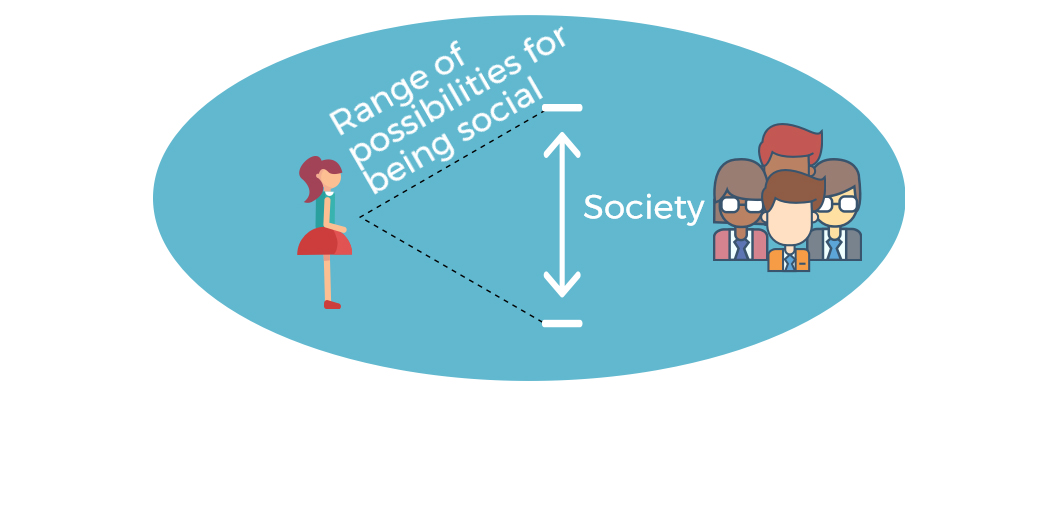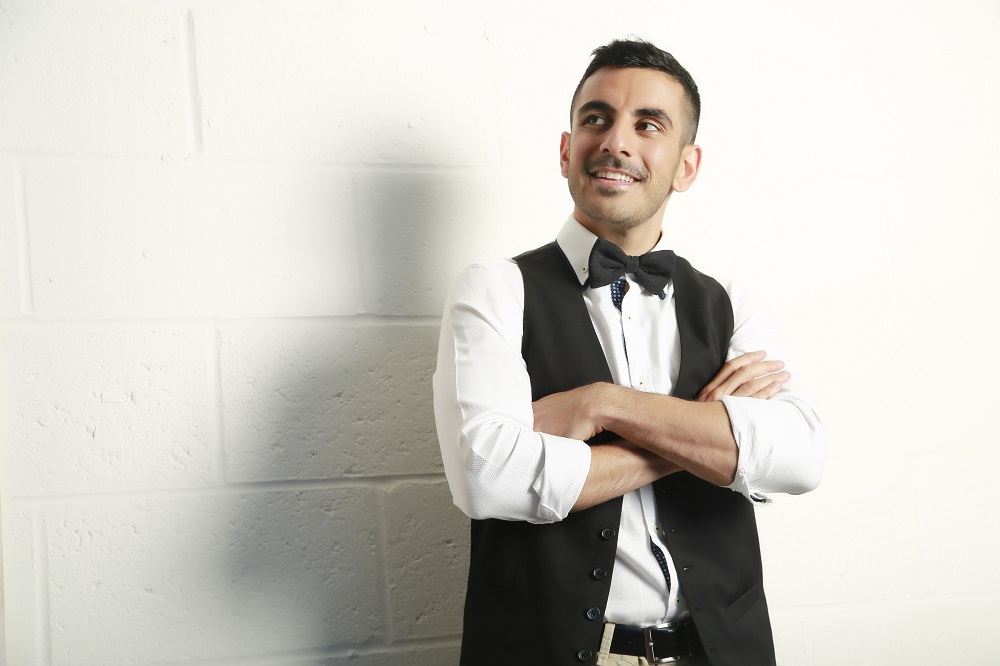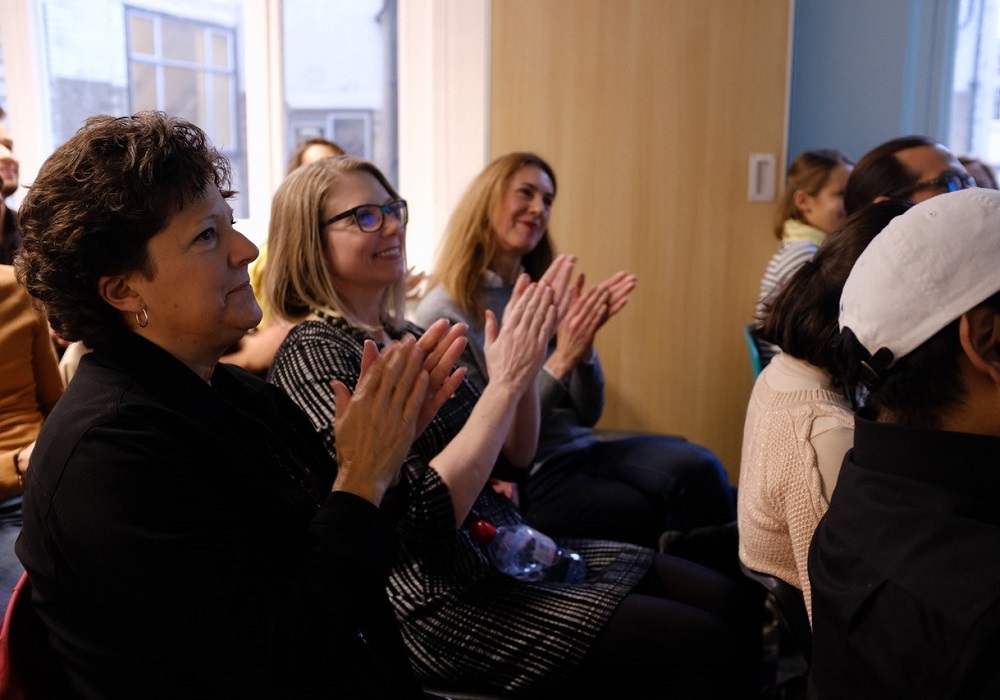What do escape rooms have to contribute to the scientific community and society? For my MSc dissertation (studying MSc Psychology of Economic Life at LSE), I decided to partner with clueQuest, a top rated escape room to analyse group behaviour and teamwork. I hypothesized that the group dynamics observed in the escape rooms would be similar to workplace dynamics and thus have practical implications.

What are escape rooms?
Escape rooms are live actioned problem solving games. In these rooms, people are locked in a themed room and must solve a series of puzzles under a certain time limit to find their way out. These complicated games require communication, attention to detail, leadership, and teamwork for successful completion. Though normally used for leisure and entertainment, escape rooms make for an externally valid lab experiment for multiple reasons: participants are voluntarily from the general public, the researcher-participant dynamic is broken down to a more naturalised setting, the rooms are already recorded on CCTV cameras so participants would not feel as if they are in a lab controlled setting, and participants forget that they are on camera because the game is immersive which makes for more natural and observable interactions.
How I studied escape rooms for my MSc dissertation using SEBE
I decided to take an exploratory qualitative approach to my dissertation, using Subjective Based Evidence Ethnography (SEBE) for my data collection, a methodology pioneered at LSE. Because escape rooms are a relatively new phenomenon and few researchers have capitalised on the opportunity to research them, using an exploratory methodology was a must. SEBE is a novel, yet strenuous, data collection methodology that produces large quantities of ethnographic data. Miniature cameras are attached to participants that record audio-visual data to gain first person perspective. Participants are then interviewed as they watch their first person perspective films which recalls memories and emotions during the experience. The final SEBE product produces both quantitative, from the film itself, and qualitative, from the interviews, data, creating a holistic data-set. Furthermore, SEBE reminded me of the CCTV cameras in escape rooms and I was excited to compare the difference between the two perspectives.
My research consisted of over 35 hours of SEBE audio-visual ethnographic data and interviews of my participants as they went through the escape room. The footage I collected was packed with fascinating observable data on labour division, leadership, communication, and decision making. I analysed a groups problem solving process. Using time it takes to finish the puzzle as an output, I ranked teams as either high performing or low performing.
What I found
Overall, my findings indicate the importance of labour division, leadership styles, and communication in group problem solving. Specifically, groups performed better when they divided labour efficiently and in a way that every group member understood what the others were doings. This involved clear communication without redundancy and over-communication. Leadership often facilitated the communication style and prompted labour division. Leaders of high performing teams were more managerial leaders compared to lower performing teams with authoritative leaders or no elements of a leader. Finally, leaders were able to gauge and understand the capabilities of their teammates and decide to use them accordingly to solve the problem.
In the interviews, many participants reflected on their escape room team in relation to their work. My results are extremely relevant to the workplace and increasing workplace dynamics, specifically in relation to those under time pressure such as emergency management teams and corporate decision making.
I think this research is just the beginning and that there could be much more quantitative research undergone by utilising escape rooms – specifically considering that there are over 10,000 people that come through the escape room each month, or about 3,000 teams. I would eventually like to further this research in a PhD, to further understand team dynamics. Specifically, I think it would be interesting to apply this towards hospital teams to increase efficiency under pressure, or understand leadership dynamics for community leverage of health behaviour.
I think this research has many implications beyond the escape room, and that the escape room is a novel opportunity to capitalise on it.
I am using my research in my career
Since the completion of my dissertation, I have taken up a role at clueQuest as a Behavioural Assessment Programme Manager. In this role, I conduct small scale research at the escape room to inform a corporate team development and training programme. The programme uses escape rooms as a behavioural assessment tool for teams which is used to inform and train them so they can improve their dynamics in the workplace.





Thanks for this article – interesting!
Thought you might like to see mine:
https://living-systems.com/blog/how-escape-rooms-inspired-a-new-approach-to-experiential-learning